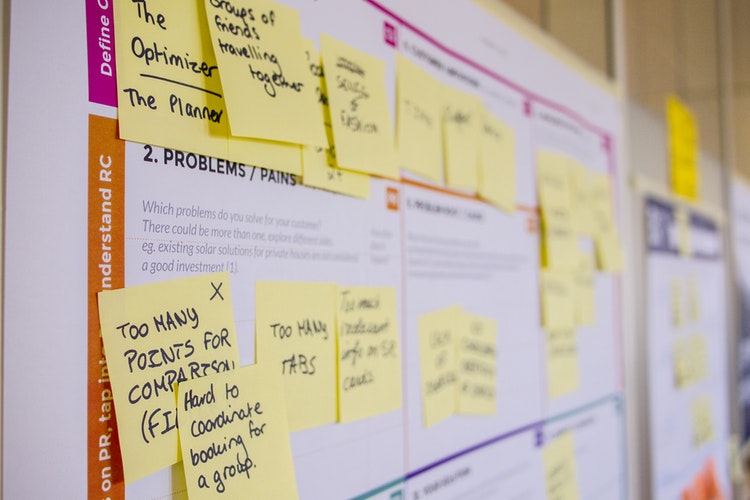Have you ever completed a task, written it down, and then checked it off after the fact?
It’s okay. You can admit it :-). Almost everybody does.
It gives you a sense of completeness. It makes you feel good. Like, your brain literally releases dopamine to your body, the feel good chemical.
There’s nothing inherently wrong with this.
But take care not change your mindset from making important progress to making “feel-good” progress.
✅ Call the dentist? Check.
✅ Send that email? Check.
✅ Walk the dog? Check.
⬜️ Build a product strategy aligned with a new target market? Hmmmm... maybe I’ll walk the dog again.
If you start craving that dopamine hit, you stop working on what’s important and start looking for the fastest or easiest thing to do.
And while you’ll always have easy work to do, be sure to keep an eye toward what’s important, what will make a dent in your goals, and what will leave a lasting impact.
✅ New blog post done? Check.
About the Author
Michael Mehlberg
HUSBAND, FATHER, ENTREPRENEUR, BUSINESS STRATEGIST, AUTHOR, FITNESS NUT, ORGANIZATION FREAK, PRODUCTIVITY JUNKIE
I help high-achieving entrepreneurs live their passion and achieve their dreams by consistently saving time, getting productive, and being more efficient and organized.
Subscribe to my free, short, 60-second newsletter for tips, tricks, links, products, and other discoveries to becoming a more purposeful, passionate, and productive human.



































